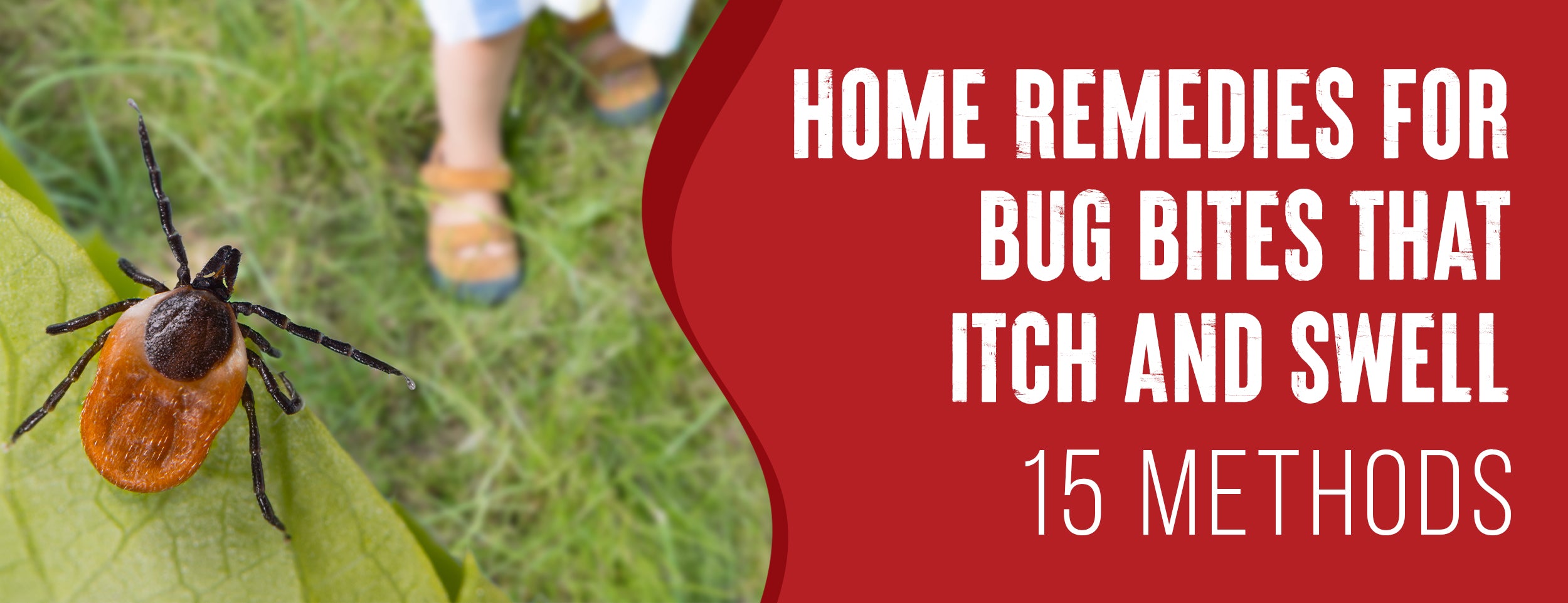The eye area can become severely swollen after being bitten on the upper face. The swelling is often associated with an allergic reaction to antihistamines or topical steroids. The swelling commonly worsens in the morning after lying down all night.
A cold pack and a thorough cleansing area are usually the only treatments for simple insect and spider bites at home. The bite may require further medical attention if you have severe reactions or if it affects your vision.
This blog post will teach you about home remedies, over-the-counter drugs, and when to seek professional medical attention if your eyes are swollen because of insect bites.
How To Reduce Eye Swelling From Insect Bites: 4 Home Remedies
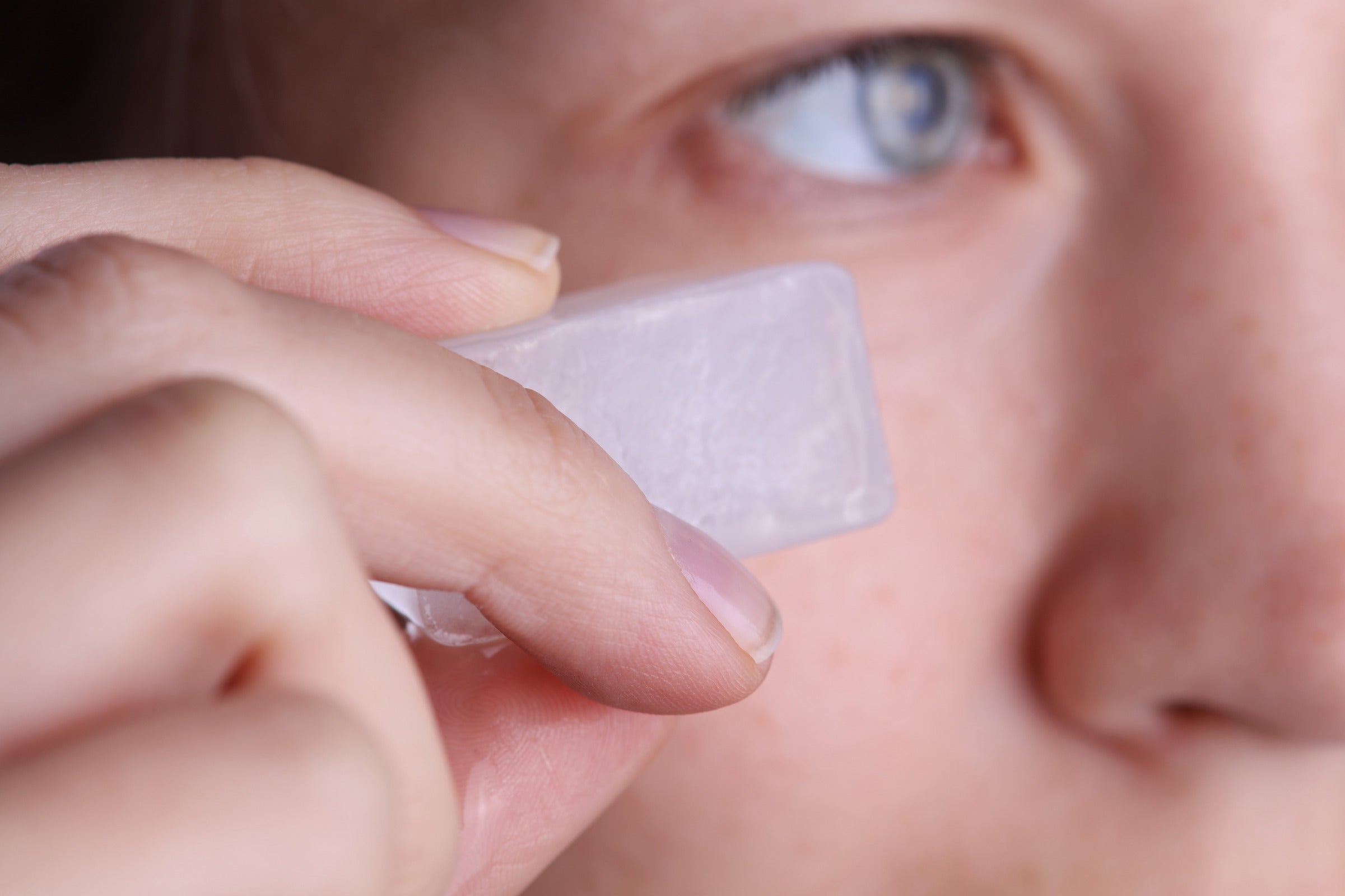
Insect bites are common, especially in warmer months. Some bites can cause swelling and discomfort, especially around the eyes. If you've experienced this, you know how frustrating puffy, irritated eyes can be. Luckily, natural remedies for treating insect bites reduce eye swelling.
Many home remedies can soothe and reduce swelling with no medication. Here, we will explore some of the most influential and proven home remedies for lowering eye swelling from insect bites.
Cold Compresses and Ice Packs
The reduction of swelling and discomfort around the bite site can be achieved by applying cold compresses or ice packs. Cold compresses and ice packs should be used:
- Clean a towel or washcloth and wrap a few ice cubes.
- Apply the compress or pack gently to the bite site.
- For 10 to 15 minutes, hold it in place.
- For relief, repeat the process every hour or as needed.

Vinegar and Ice Water
Itching and inflammation can be relieved with vinegar and ice water. Acetic acid in vinegar neutralizes venom in bites. To use vinegar and ice water, follow these steps:
- In a bowl, combine vinegar and ice water in equal parts.
- Fill a cotton ball or cloth with the solution and saturate it.
- Dab the bite site gently with a cloth or cotton ball.
- Repeat the process if you don't feel relief after a few hours.
Baking Soda and Water Paste
Insect bite itch and inflammation can be reduced with baking soda and water. Making a baking soda and water paste helps balance the skin's pH. Here's how to do it:
- With enough water, mix baking soda.
- Let the paste dry on the bite site.
- Cool water should rinse off the paste.
- Repetition every few hours will provide relief.
Aloe Vera Gel, Toothpaste, or Anti-itch Creams and Lotion
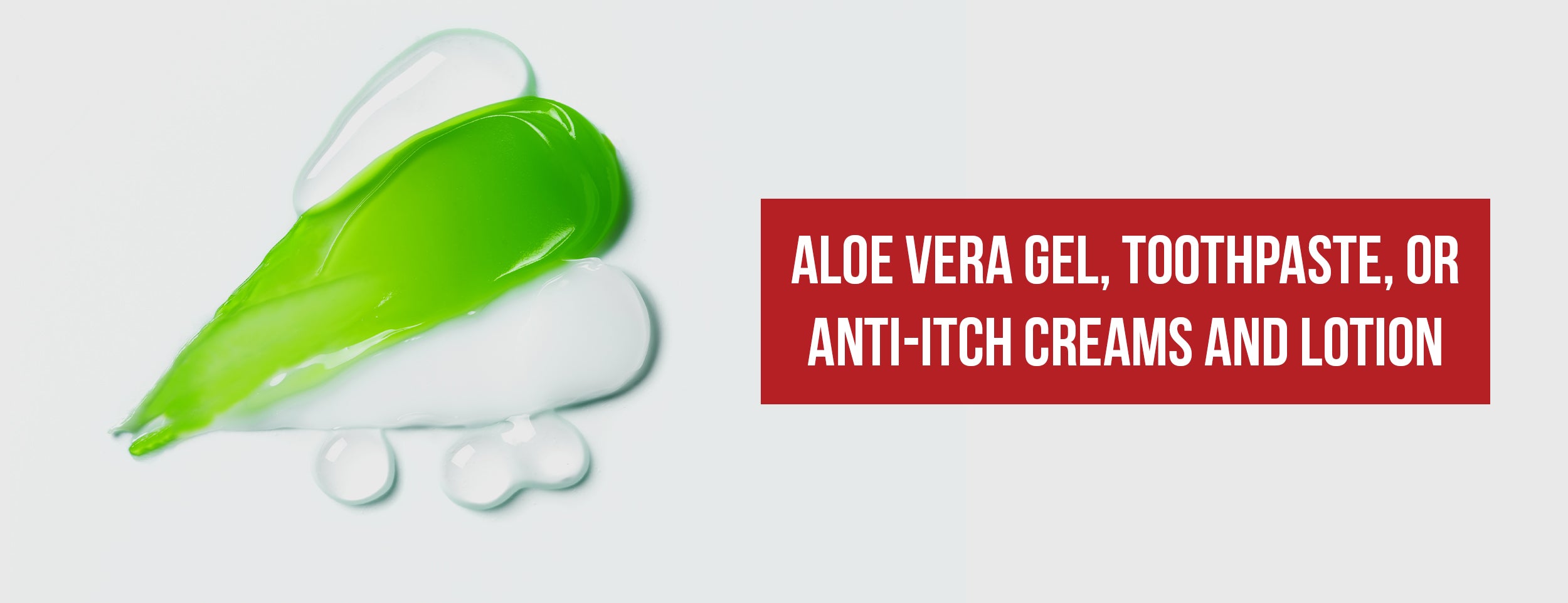
Aloe vera gel, toothpaste, and anti-itch creams can help soothe the irritation and inflammation caused by insect bites. Here are the steps for using these remedies:
- The bite site should be treated with aloe vera, toothpaste, or cream. That reduces the itching.
- Massage it into your skin gently.
- After it has dried, put it away.
Tips and Warnings on Home Remedies
For safe and effective use of home remedies for reducing swelling from insect bites, follow these tips and warnings:
- To avoid allergic reactions or skin irritation, perform a patch test before using new remedies.
- Scratching the bite site can cause further irritation and inflammation.
- Before applying any remedies, wash your hands with soap and water.
- For home remedies, use only natural, non-toxic ingredients.
Using any home remedy should be discussed with your physician if you are pregnant, breastfeeding, or have any other medical condition.
Treat Eye Swelling From Insect Bites: OTC Medication
Insect bites often result in swelling around the affected area, including the eye. OTC medications can help reduce eye swelling caused by insect bites. This article offers expert advice on safely and effectively using OTC medications to recover from insect bites without discomfort.

Ibuprofen for Anti-Inflammatory Benefits
The OTC medication ibuprofen reduces inflammation and swelling when taken orally. It is often recommended for pain relief but can also effectively reduce swollen eyes. As an added benefit, ibuprofen reduces the pain associated with insect bites. When using ibuprofen to reduce eye swelling, consider these points:
- If you have any preexisting medical conditions or are taking other medications, consult your doctor or pharmacist before taking ibuprofen.
- Make sure you follow the age and weight instructions on the packaging.
- The recommended dosage should not be exceeded.
- Be patient and wait for the effects of ibuprofen to kick in.
Antihistamine effects of Benadryl
Diphenhydramine hydrochloride, the active ingredient in Benadryl, is an OTC antihistamine that can reduce allergic reactions. Benadryl may be an effective treatment option if insect bites cause your eye swelling. You should only take it at bedtime or when you have time to rest. When using Benadryl to reduce eye swelling, keep these points in mind:
- If you have any preexisting or other medical conditions, consult your doctor before taking Benadryl.
- Benadryl should not be taken while driving or operating heavy machinery.
- Avoid the drowsy effects of Benadryl by taking it before bedtime.
Creams with Antibiotics
Insect bites may infect, causing swelling and discomfort. An antibiotic cream can be applied topically to reduce swelling and fight infection if this occurs. To minimize eye swelling with antibiotic cream, consider these points:
- Before using the cream, clean the affected area thoroughly.
- Using a clean applicator, apply the cream according to the instructions on the package.
- Use the cream only for the recommended time.
- If the swelling persists or worsens, see a doctor.
How to Use Medications Safely and Effectively
Regardless of your medication, using them safely and effectively is essential. Following are some general guidelines:
- It is always a good idea to read and follow the instructions on the packaging.
- If you are taking other medications or have preexisting medical conditions, check with your doctor before taking any medication.
- Keep medications away from children and pets in a safe place.
- Do not exceed the recommended dosage.
- Take the medication as directed.
Treatment of Insect Bites: When to Seek Medical Attention
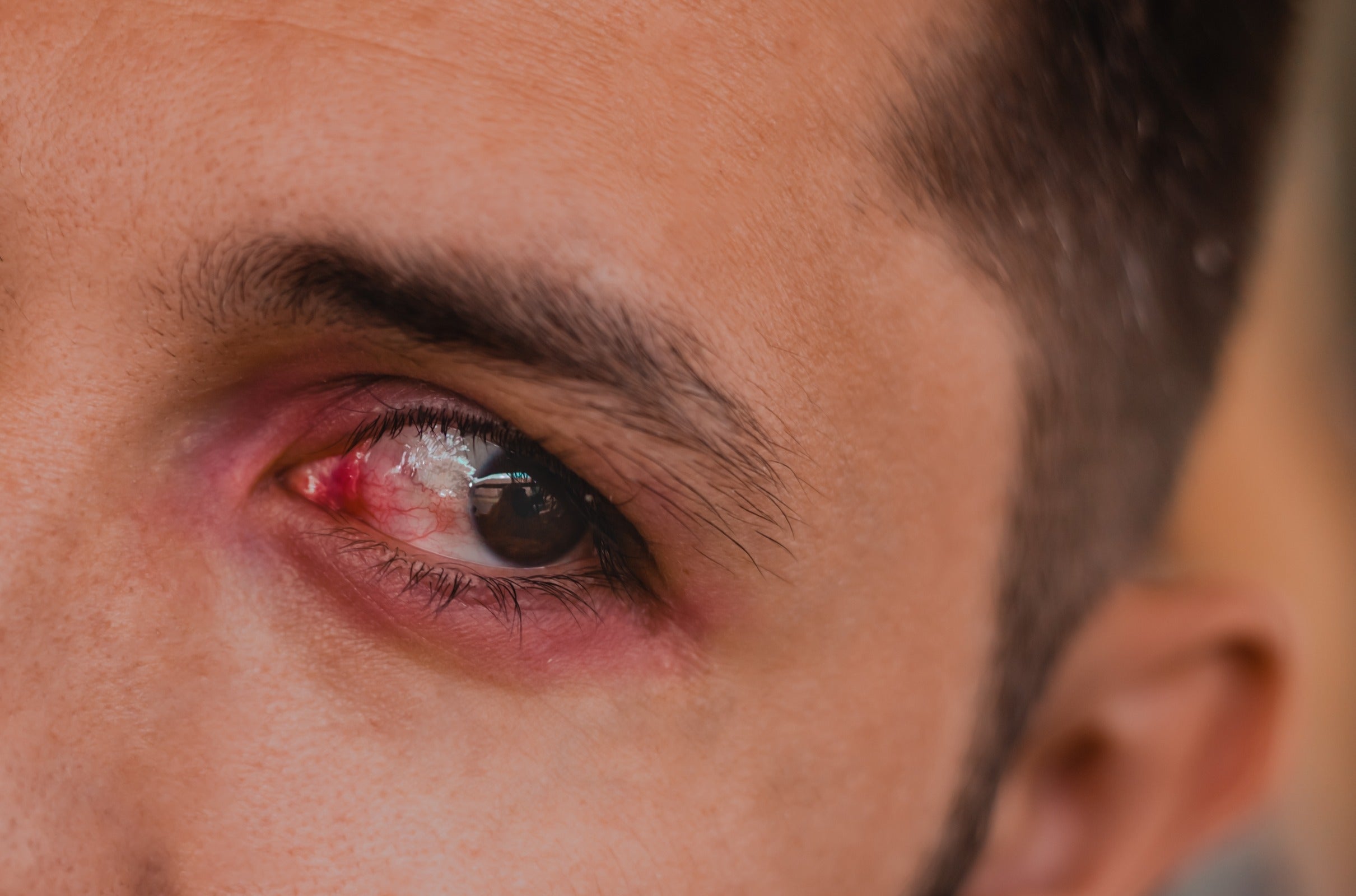
Knowing when medical attention is necessary is crucial as we discuss reducing eye swelling from insect bites.
Symptoms that show the Need for Medical Attention
Most insect bites around the eye are uncomfortable, but others can be dangerous. Indications for medical attention include the following symptoms:
- Pain or discomfort in the affected area.
- Redness, swelling, or rash that lasts for a long time.
- Extending beyond the bite area, swelling, or itching.
- A wheezing or difficult breathing sensation.
- Feeling dizzy, lightheaded, or faint.
- The feeling of nausea, vomiting, or diarrhea.
- Chills or fever.

The Risk of Permanent Eye Damage
Insect bites around the eye can cause permanent eye damage. When the edge occurs near the eye or eyelid, it may cause complications that require medical attention, such as:
- Infection of the eyes.
- Corneal ulcers.
- Conjunctivitis.
- Droopy eyelids.
- Vision problems or blindness.
When to See a Doctor for Foreign Body Removal
A foreign object lodged in your eye from an insect bite, such as a stinger or part of the insect's body, should not be removed alone. Get medical attention immediately if you attempt to pull a foreign body yourself.
Allergic Reactions and the Need for Medical Attention
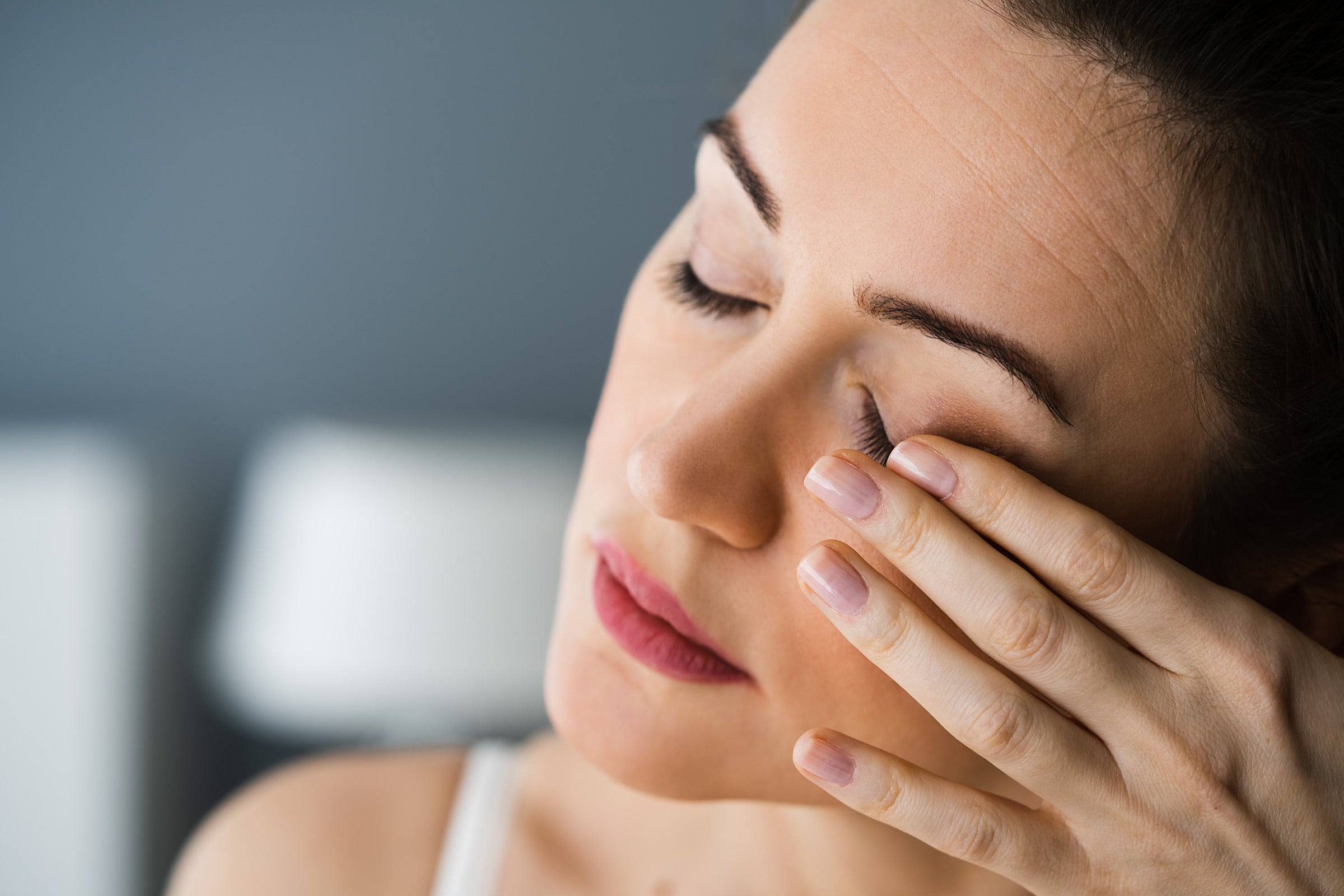
The possibility of allergic reactions to insect bites should not be underestimated. The following symptoms characterize allergic reactions:
- Face, tongue, or throat swelling.
- Inability to breathe or swallow.
- A rapid heartbeat or a drop in blood pressure.
- Dizziness or fainting.
- Seizures.
Advice for Seeking Medical Attention
It is best to seek medical attention immediately if you experience any of the symptoms listed above after an insect bite near your eye. To seek medical attention, follow these tips:
- Tell your healthcare provider you will come for an insect bite so they can prepare.
- Bring any information about your allergies and medications to the medical facility.
- For best results, follow your doctor's instructions closely.
Conclusion
Many people experience eye swelling after insect bites. Our article provides valuable information on reducing swelling and relieving symptoms using home remedies, and over-the-counter medications and when to seek medical help.
The information in our blog post will help you deal with swollen eyes caused by insect bites in the future. Identify the type of insect that may bite the eye and seek emotional and psychological support to prevent insect bites on the eyes. You can stay safe if you stay informed.



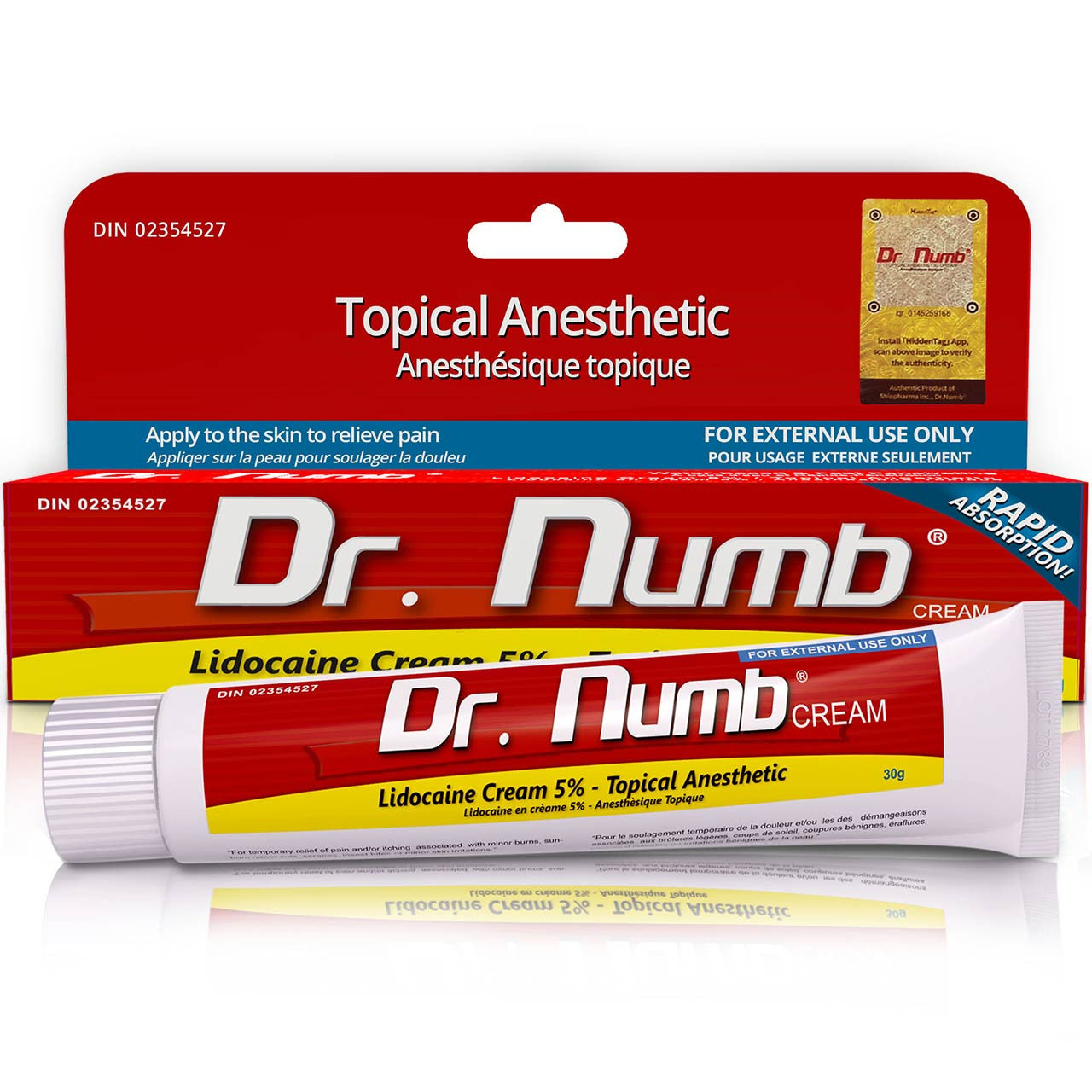



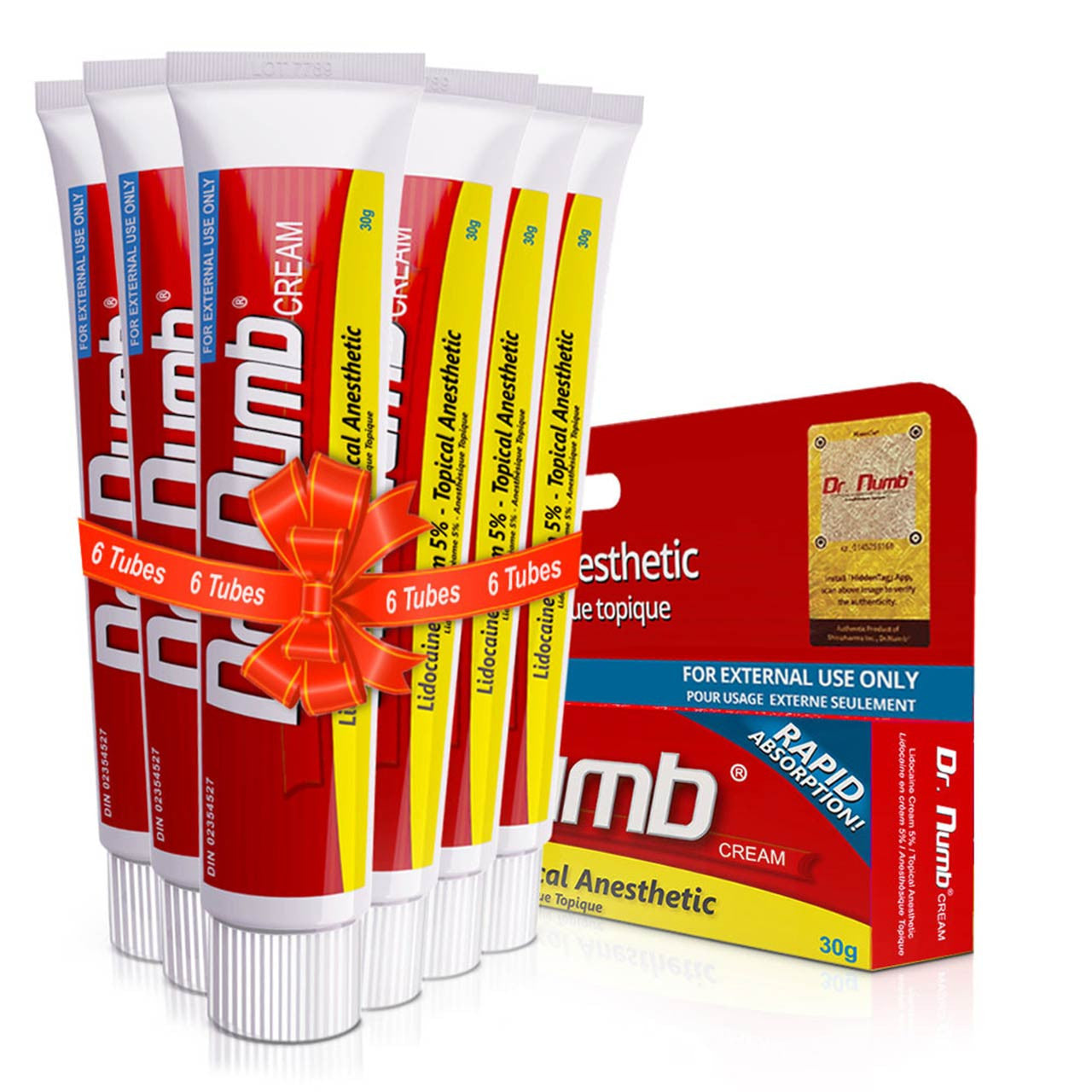

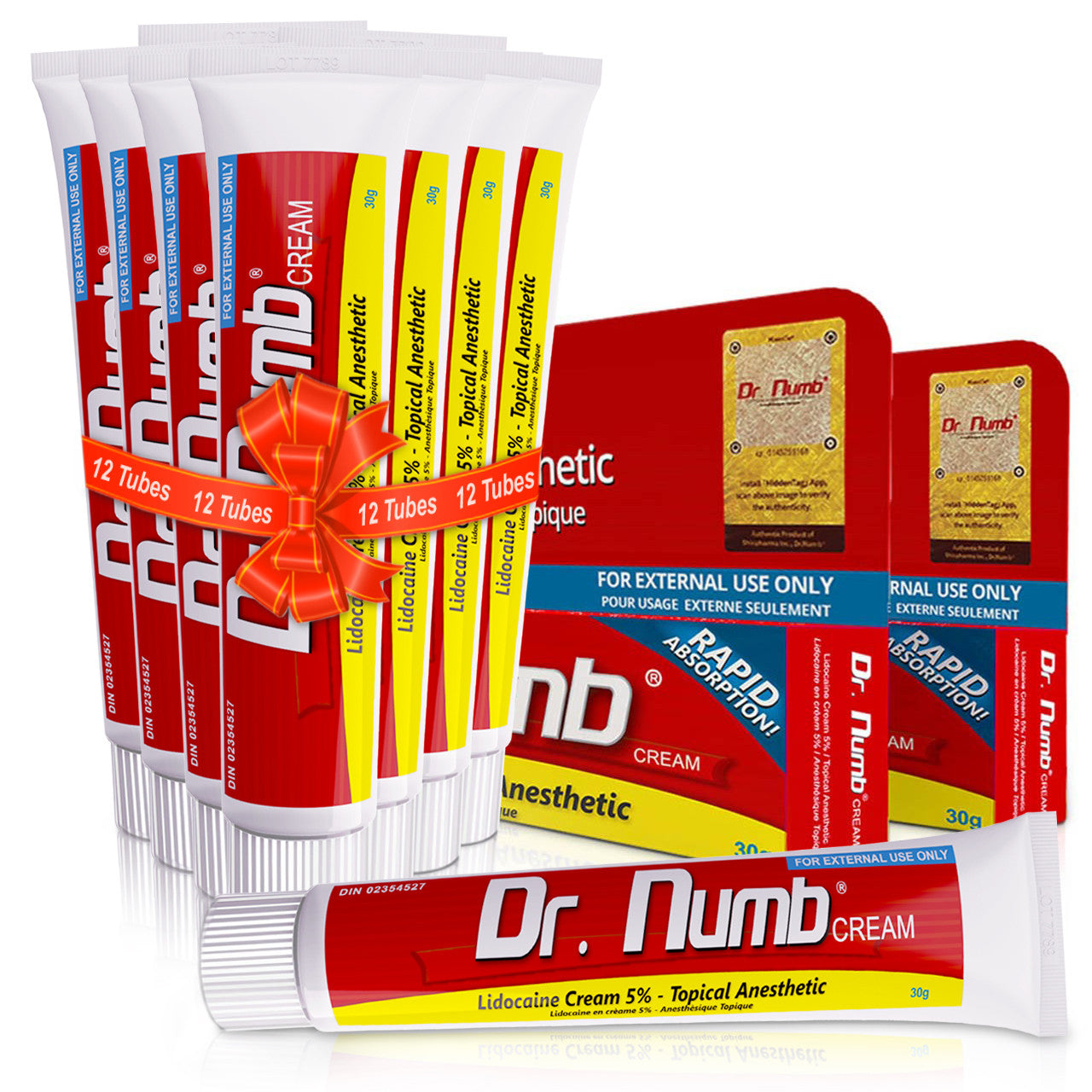



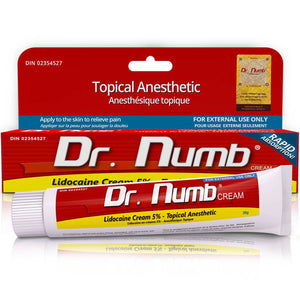
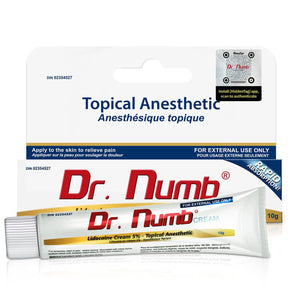
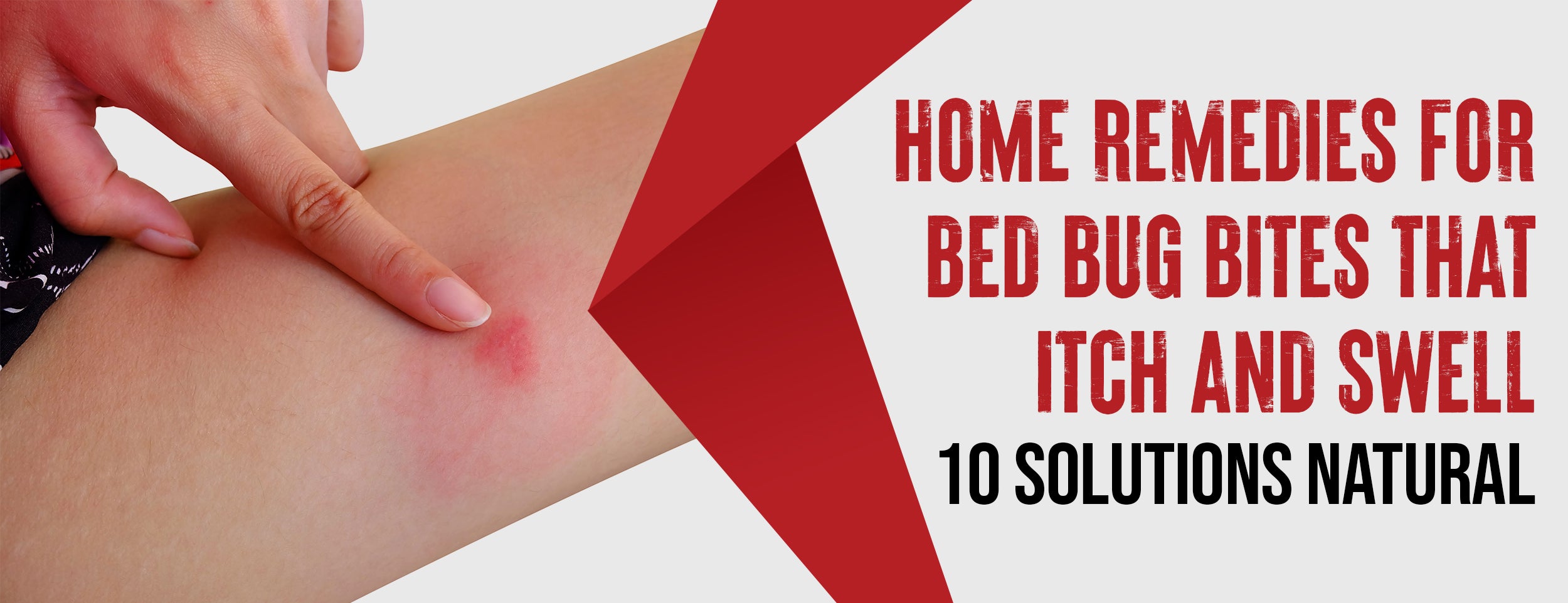
![6 Reasons Why Itches From Insect Bites Increase at Night [3 OTC Options]](http://drnumb.ca/cdn/shop/articles/Why_Do_Insect_Bites_Itch_More_At_Night__6_Factors_4_Natural_Remedies.jpg?v=1709703294)
